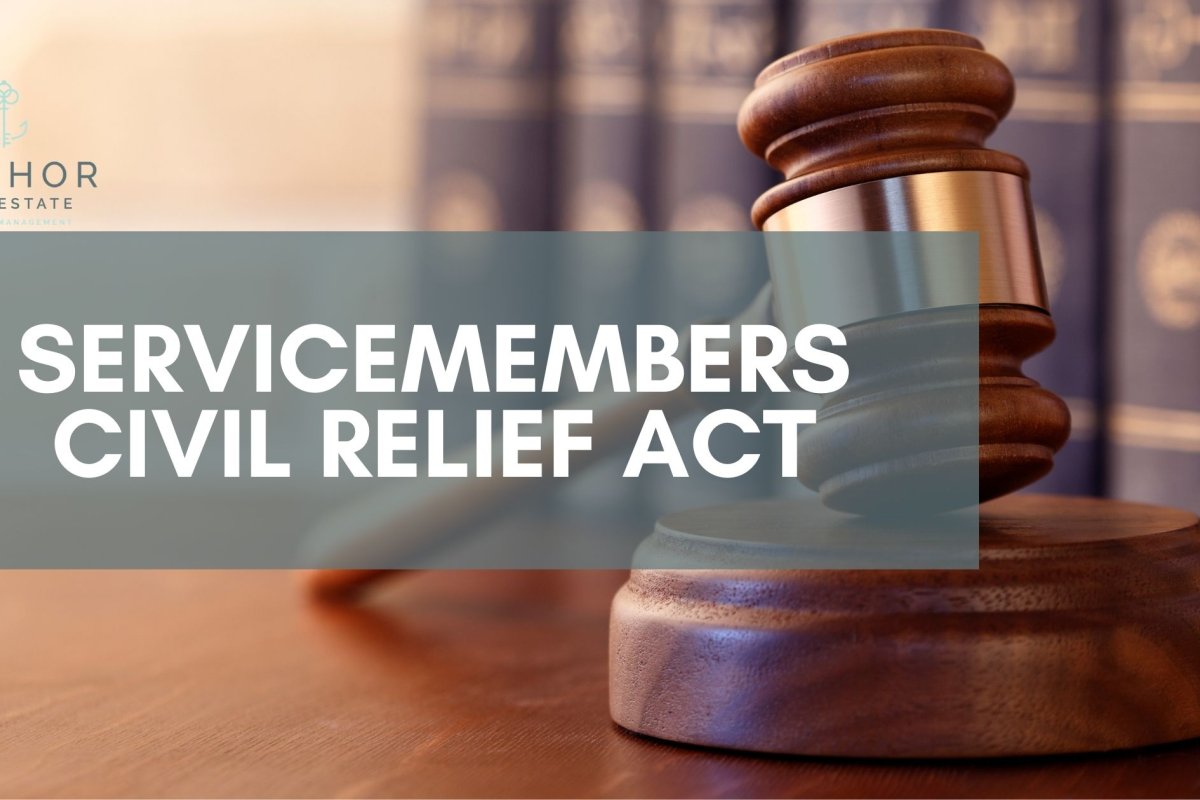Whether you're a tenant who is an active-duty service member, or a property owner dealing with military service members as tenants, understanding the Servicemembers Civil Relief Act is crucial!
You may be wondering – what is the Servicemembers Civil Relief Act (SCRA)? Well, in general, the Servicemembers Civil Relief Act financially and legally protects active-duty service members and their families.
In this article, we will go over everything you need to know about Servicemembers Civil Relief Act, including what it is and how it can protect you.
What is the SCRA?
As aforementioned, the SCRA protects active-duty service members, both financially and legally. Protection begins the day you enter active duty and it ends 30 to 90 days after the day you leave active duty.
Not only does the SCRA apply to active-duty members of the regular forces, it also applies to:
- National Guard members who serve active-duty status under federal orders
- Reservists who are called to active duty
- Coast Guard members who serve on active duty to support the armed forces

Overview of SCRA Protections
The Servicemembers Civil Relief Act can protect service members and their families in a myriad of ways.
Here are some of the protections you receive:
1. Reduced Interest Rates
If you have any debts from before you entered active duty, your interest rate will be reduced to 6%. Among other things, this reduced interest rate applies to the following debts:
- Credit card debts
- Car loans
- Business obligations
- Some student loans
The reduced rate also applies to mortgages. However, with a mortgage, the reduced rate applies for an entire year post active-military service.
2. Deferred Income Taxes
If you have income taxes due before or during your military duty, they will be deferred. The Internal Revenue Service and North Carolina taxing authorities will take care of this.
With this type of deferral, you don't have to worry about a penalty for nonpayment.

3. Eviction Prevention
If you fail to pay rent because of your military service, you won't automatically get evicted. Instead, all you must do is apply to the court. The court will give you 90 days to pay the rent before a formal eviction process begins.
They may also choose to adjust the lease agreement's rent-related terms in a way that both the landlord and the tenant agree with.
4. Postponed Civil Court Matters
As an active-duty member, if you are unable to partake in civil court action because of your military service, you can request a 90-day delay.
Among other things, this protection applies if you need to attend court for the following reasons:
- Divorce
- Child paternity
- Foreclosure proceeding
That said, if you are attending court for criminal administrative reasons, this rule doesn't apply.
5. Termination of Residential Lease Agreements without Penalty
If you signed a lease and then started military service, you can terminate the lease early without penalty.
This is because, as a service member, you have the right to break your residential, agricultural, professional or business lease agreement early...
]]>
